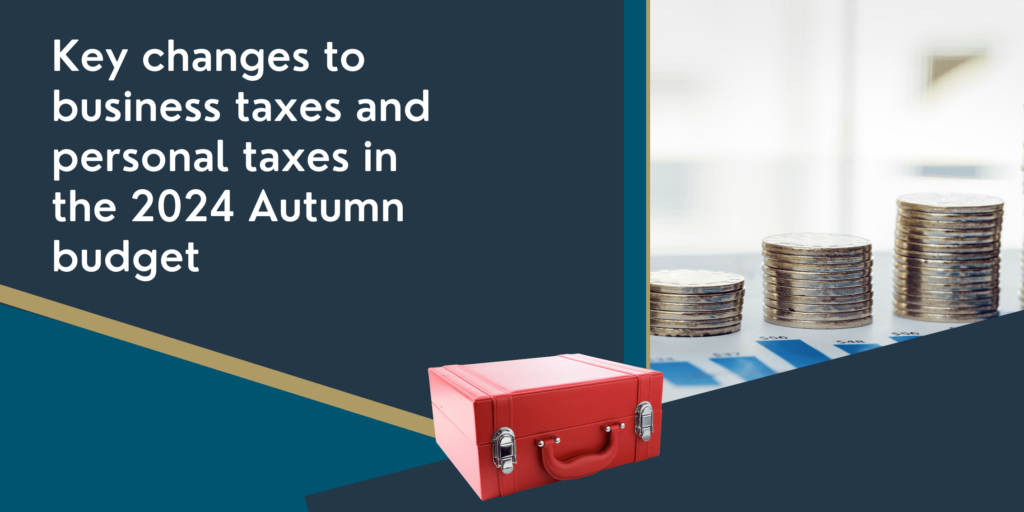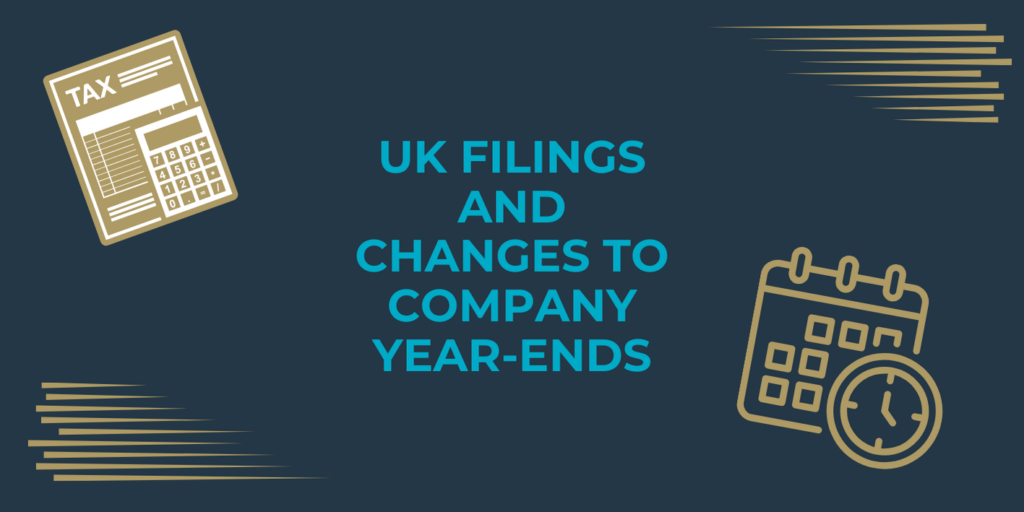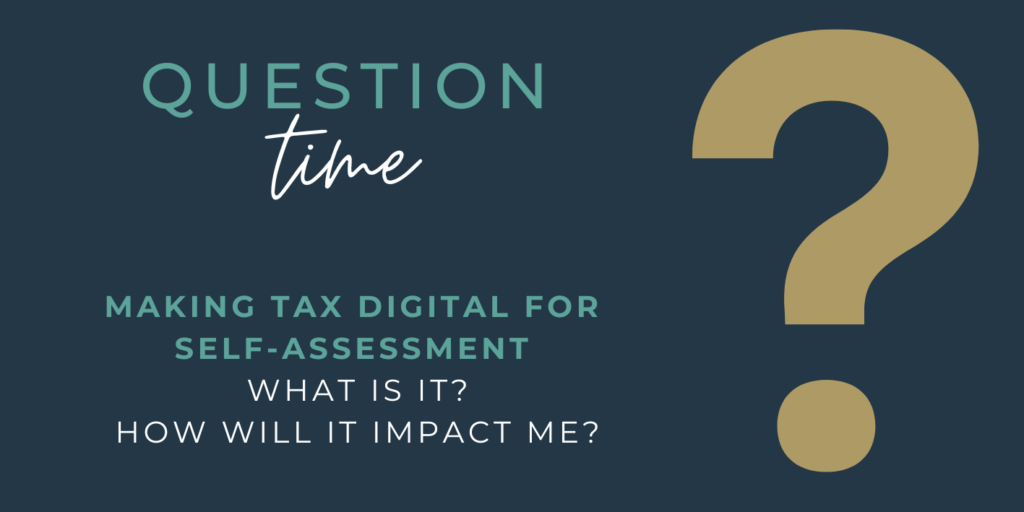The Inheritance Tax Consequences of Marriage
I am currently busy planning for my wedding next year, or rather being told repeatedly that I must have an input but any decision I make isn’t quite right! The eye watering costs of venue, catering, flowers, photographer, rings, dresses etc etc etc lead me to thinking there must be an upside (fingers crossed my fiancée doesn’t read this otherwise I won’t need to worry about the cost!).
Being an accountant, I decided to look at the tax benefits and specifically Inheritance Tax.
Under current rules, a transfer of assets between unmarried partners constitutes a gift and does not qualify for the spouse exemption. Depending on the value of the gift and the size of that particular partner’s estate, there could be Inheritance Tax consequences if they were to pass away within 7 years of making the gift.
Conversely, UK domiciled married couples and civil partners are able to transfer assets to each other without creating an Inheritance Tax liability and there is no upper limit for this exemption.
The benefits of this exemption were highlighted during a recent Inheritance Tax review with two of my clients. The two clients in question had been together for approximately 40 years, lived together for the majority of this time and weren’t opposed to the idea of marriage but had simply never got round to it. Based on their current estate, Will and Inheritance Tax rates and thresholds, I calculated that getting married could result in an Inheritance Tax saving of up to £147,000 on their combined estate.
I am not advising to get married just to save Inheritance Tax but that would be one extravagant wedding!
It is not always the case that unmarried partners will suffer a higher Inheritance Tax liability but typically a greater deal of planning is required to ensure their estate/Wills are structured in the correct manner. This will be even more important from next year with the introduction of the main residence nil rate band.
Finally, if you do get married, unless drafted in a certain manner, any existing Will is no longer valid so it is important to ensure it is kept up to date.
Article written by Craig Harman







